World War III has already begun: Cyber-war underway as biggest military build-up continues
Sat 17 Dec 2016, 23:28:19
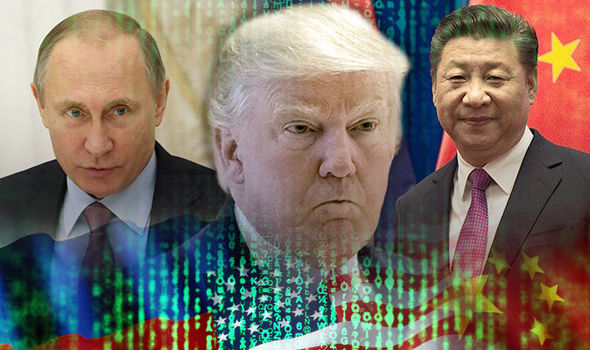
With nations across the globe stockpiling weapons on a scale not seen for decades, 2017 could see the cold war develop into a full scale conflict costing millions of lives.
Already largely due to Vladimir Putin’s sabre-rattling, China’s increasing belligerence and a new USA with Donald Trump at the helm a country as peace-loving as Sweden has been placed on a war footing.
And internet security experts say Putin’s new army of cyber soldiers has already started to hack and dismantle military computer targets in the US and Ukraine.
Britain appears to be one of Russia’s prime targets as it wields its cyber war with Prime Minister Theresa May set to chair a National Security Council to discuss Moscow’s actions towards Britain.
And Whitehall officials have finally admitted Putin is waging a “campaign” of propaganda and proxy warfare against the UK.
A source said: “There was an agreement on the need to do more across Whitehall to understand and assess and formulate options on how to respond to Russian activities.”
Moscow is thought to be behind repeated attempts to sabotage the UK Government through cyber attacks, fake news, misinformation and espionage, part of Putin’s wider plan to destabilise the west.
Sweden has warned its local authorities to be prepared for violence to break out at any moment, as Swedish troops were stationed at the island of Gotland, just across the Baltic from its fiery neighbour Russia.
And they warned their Baltic allies, Lithuania, Latvia and Estonia - who are NATO members - they were most at risk from Moscow’s wrath.
Magnus Dyberg-Ek, of Sweden’s Civil Contingencies Agency, said: “What is new is that the security situation in our region has deteriorated and that therefore we must prepare ourselves in terms of war and of conflict.”
Anticipating Russia’s next move, some 4,000 troops from 11 NATO states, including the UK, US and Canada, have been drafted in to Lithuania to prepare for the first strike.
The crack team have been carrying out military drills, referred to as ‘iron sword’, as they run through defence plans aimed at protecting Europe’s eastern flank from Putin’s aggression.
Stationed just miles away from Russia’s enclave in the heart of Europe, Kaliningrad, sandwiched between Poland and Lithuania, Moscow responded by sending nuclear-capable S-400 missiles to the sovereign territory.
Putin’s spokesman Dmitry Peskov said: “Russia is doing all that is necessary to protect itself amid NATO's expansion toward its borders.
“The alliance is a truly aggressive bloc, so Russia does what it has to do.
“It has every sovereign right to take necessary measures throughout the territory of the Russian Federation.”
And relations between two of the world’s superpowers, Russia and the US, are deteriorating as the row over cyber warfare relating to hacking in the recent US presidential election escalated.
Despite president-elect Donald Trump shaping up to be a key ally of his Russian counterpart, Vladimir Putin, Barack Obama was warned the US will “take action” over the email scandal.
There are claims Moscow influenced the November elections in favour of Trump, by hacking servers and leaking emails, something Putin’s administration strenuously denies.
Mr Obama has vowed to retaliate, saying: “There is
no doubt that when any foreign government tries to impact the integrity go out elections, we need to take action.
“Some of it may be explicit and publicised, some of it may not be.”
Under the current administration, and with Russian aggression escalating, the US has sent thousands of pieces of military equipment to the Netherlands.
Some 1,600 tanks have been shipped to the Dutch nation, as the US and NATO try to diffuse the highly charged situation which is building in Europe.
Congress has already approved a £2.7billion ($3.4billion) plan to boost NATO’s defences on the continent, with plans to send and store more equipment in Poland, Belgium and Germany.
The number of NATO troops in Europe is now at an all-time high, as the Baltic states grow wary of a Soviet invasion.
General Tom Middendorp, the Dutch chief of defence, said: “When visiting the Baltic states, I experienced this for myself.
“Standing there, near the Russian border, you could feel the tense atmosphere.
“But the Russian military activities are not just a concern for our eastern allies - they are a concern for all of us.”
But with Trump set to take office in January, there are fears he may team up with rogue Russia, allowing them to invade the former Soviet heartlands of Latvia, Lithuania and Estonia, bringing them back under Putin’s sphere of influence.
The US was previously protecting the nations through its NATO membership, but the billionaire tycoon has cast doubt on the US’s future role in coming to the aid of any members who “haven’t paid their bills”.
Trump’s eye appears to be set on China, with his constant rhetoric and flagrant breach of international protocol causing outrage in Beijing.
The White House has been forced to step in after the 70-year-old held a phone conversation with the Taiwanese president, trying to smooth over relations with the economic superpower.
And a series of tweets and snubs towards the Communist nation signal a new direction in diplomatic relations between the two countries, with Trump promising to slap eye-watering tariffs of up to 45 per cent on Chinese goods.
A further blow to relations came as a US underwater drone was seized by the Chinese yesterday.
The Chinese Navy, in patrol in international waters in the South China Sea, “unlawfully” took the drone, deployed by an American oceanographic vessel carrying out unclassified research.
The Pentagon has issued an immediate request for its return, with the situation hanging in the balance as US waits for Beijing’s reaction.
Navy Captain Jeff Davis, a Pentagon spokesman, confirmed the US has issued a formal diplomatic complaint and is asking for the drone's return.
He said: "It is ours, and it is clearly marked as ours and we would like it back. And we would like this not to happen again."
Americans themselves appear to be gearing up for battle, as the last year saw a weapons boom with nearly 18,000 tonnes of arms snapped up.
Some 2,500 tonnes of bullets were bought in November alone, as demand for firearms soared to never before seen levels.
And last month saw the number of checks for gun licenses being carried out this year already higher than any year on record.
The FBI reported 24,767,514 background checks were carried out between January and November.
Already largely due to Vladimir Putin’s sabre-rattling, China’s increasing belligerence and a new USA with Donald Trump at the helm a country as peace-loving as Sweden has been placed on a war footing.
And internet security experts say Putin’s new army of cyber soldiers has already started to hack and dismantle military computer targets in the US and Ukraine.
Britain appears to be one of Russia’s prime targets as it wields its cyber war with Prime Minister Theresa May set to chair a National Security Council to discuss Moscow’s actions towards Britain.
And Whitehall officials have finally admitted Putin is waging a “campaign” of propaganda and proxy warfare against the UK.
A source said: “There was an agreement on the need to do more across Whitehall to understand and assess and formulate options on how to respond to Russian activities.”
Moscow is thought to be behind repeated attempts to sabotage the UK Government through cyber attacks, fake news, misinformation and espionage, part of Putin’s wider plan to destabilise the west.
Sweden has warned its local authorities to be prepared for violence to break out at any moment, as Swedish troops were stationed at the island of Gotland, just across the Baltic from its fiery neighbour Russia.
And they warned their Baltic allies, Lithuania, Latvia and Estonia - who are NATO members - they were most at risk from Moscow’s wrath.
Magnus Dyberg-Ek, of Sweden’s Civil Contingencies Agency, said: “What is new is that the security situation in our region has deteriorated and that therefore we must prepare ourselves in terms of war and of conflict.”
Anticipating Russia’s next move, some 4,000 troops from 11 NATO states, including the UK, US and Canada, have been drafted in to Lithuania to prepare for the first strike.
The crack team have been carrying out military drills, referred to as ‘iron sword’, as they run through defence plans aimed at protecting Europe’s eastern flank from Putin’s aggression.
Stationed just miles away from Russia’s enclave in the heart of Europe, Kaliningrad, sandwiched between Poland and Lithuania, Moscow responded by sending nuclear-capable S-400 missiles to the sovereign territory.
Putin’s spokesman Dmitry Peskov said: “Russia is doing all that is necessary to protect itself amid NATO's expansion toward its borders.
“The alliance is a truly aggressive bloc, so Russia does what it has to do.
“It has every sovereign right to take necessary measures throughout the territory of the Russian Federation.”
And relations between two of the world’s superpowers, Russia and the US, are deteriorating as the row over cyber warfare relating to hacking in the recent US presidential election escalated.
Despite president-elect Donald Trump shaping up to be a key ally of his Russian counterpart, Vladimir Putin, Barack Obama was warned the US will “take action” over the email scandal.
There are claims Moscow influenced the November elections in favour of Trump, by hacking servers and leaking emails, something Putin’s administration strenuously denies.
Mr Obama has vowed to retaliate, saying: “There is
no doubt that when any foreign government tries to impact the integrity go out elections, we need to take action.
“Some of it may be explicit and publicised, some of it may not be.”
Under the current administration, and with Russian aggression escalating, the US has sent thousands of pieces of military equipment to the Netherlands.
Some 1,600 tanks have been shipped to the Dutch nation, as the US and NATO try to diffuse the highly charged situation which is building in Europe.
Congress has already approved a £2.7billion ($3.4billion) plan to boost NATO’s defences on the continent, with plans to send and store more equipment in Poland, Belgium and Germany.
The number of NATO troops in Europe is now at an all-time high, as the Baltic states grow wary of a Soviet invasion.
General Tom Middendorp, the Dutch chief of defence, said: “When visiting the Baltic states, I experienced this for myself.
“Standing there, near the Russian border, you could feel the tense atmosphere.
“But the Russian military activities are not just a concern for our eastern allies - they are a concern for all of us.”
But with Trump set to take office in January, there are fears he may team up with rogue Russia, allowing them to invade the former Soviet heartlands of Latvia, Lithuania and Estonia, bringing them back under Putin’s sphere of influence.
The US was previously protecting the nations through its NATO membership, but the billionaire tycoon has cast doubt on the US’s future role in coming to the aid of any members who “haven’t paid their bills”.
Trump’s eye appears to be set on China, with his constant rhetoric and flagrant breach of international protocol causing outrage in Beijing.
The White House has been forced to step in after the 70-year-old held a phone conversation with the Taiwanese president, trying to smooth over relations with the economic superpower.
And a series of tweets and snubs towards the Communist nation signal a new direction in diplomatic relations between the two countries, with Trump promising to slap eye-watering tariffs of up to 45 per cent on Chinese goods.
A further blow to relations came as a US underwater drone was seized by the Chinese yesterday.
The Chinese Navy, in patrol in international waters in the South China Sea, “unlawfully” took the drone, deployed by an American oceanographic vessel carrying out unclassified research.
The Pentagon has issued an immediate request for its return, with the situation hanging in the balance as US waits for Beijing’s reaction.
Navy Captain Jeff Davis, a Pentagon spokesman, confirmed the US has issued a formal diplomatic complaint and is asking for the drone's return.
He said: "It is ours, and it is clearly marked as ours and we would like it back. And we would like this not to happen again."
Americans themselves appear to be gearing up for battle, as the last year saw a weapons boom with nearly 18,000 tonnes of arms snapped up.
Some 2,500 tonnes of bullets were bought in November alone, as demand for firearms soared to never before seen levels.
And last month saw the number of checks for gun licenses being carried out this year already higher than any year on record.
The FBI reported 24,767,514 background checks were carried out between January and November.
No Comments For This Post, Be first to write a Comment.
Most viewed from International
Most viewed from World
AIMIM News
Latest Urdu News
Most Viewed
May 26, 2020
Should there be an India-Pakistan cricket match or not?
Latest Videos View All
Like Us
Home
About Us
Advertise With Us
All Polls
Epaper Archives
Privacy Policy
Contact Us
Download Etemaad App
© 2026 Etemaad Daily News, All Rights Reserved.

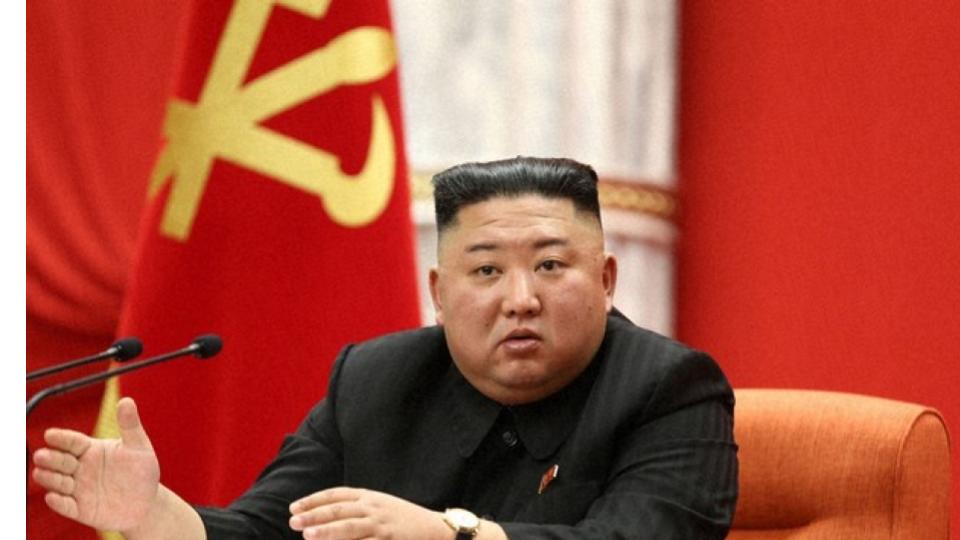




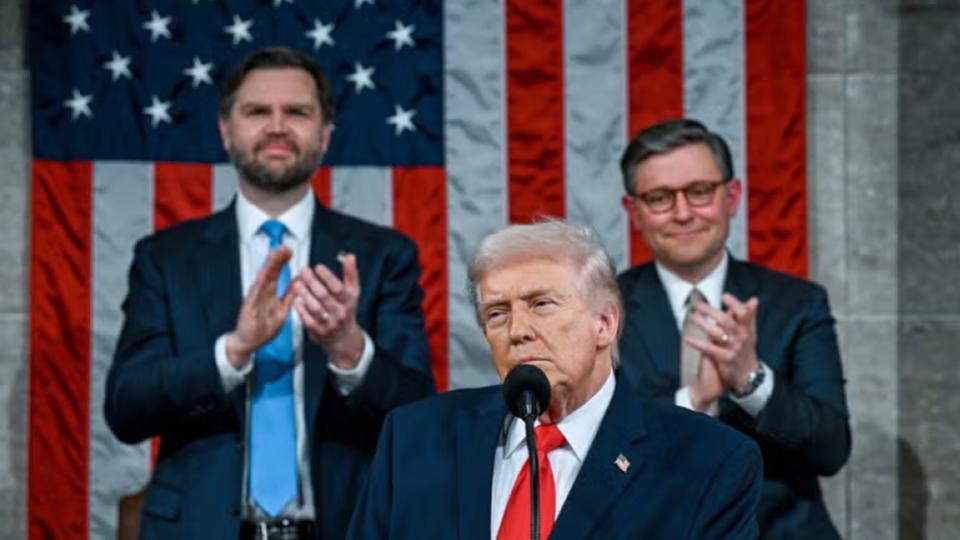
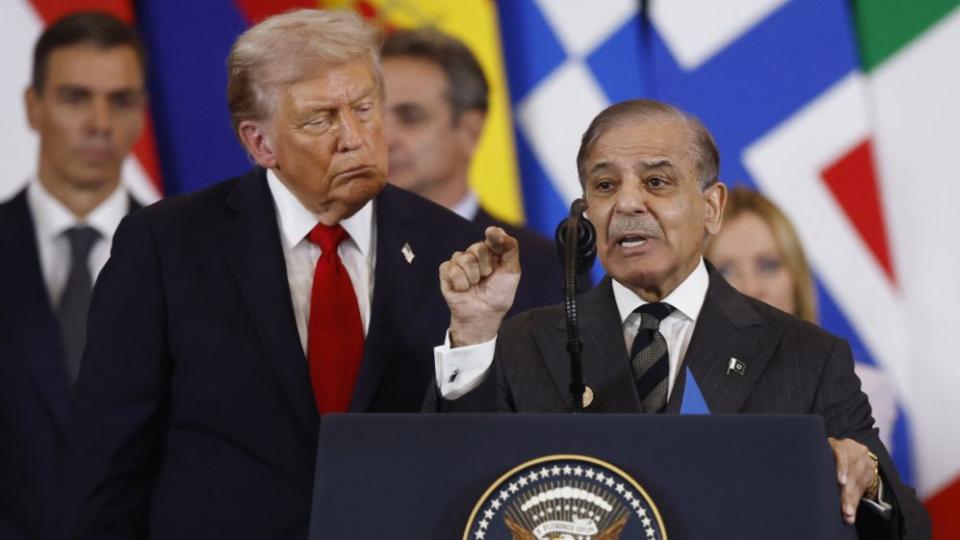
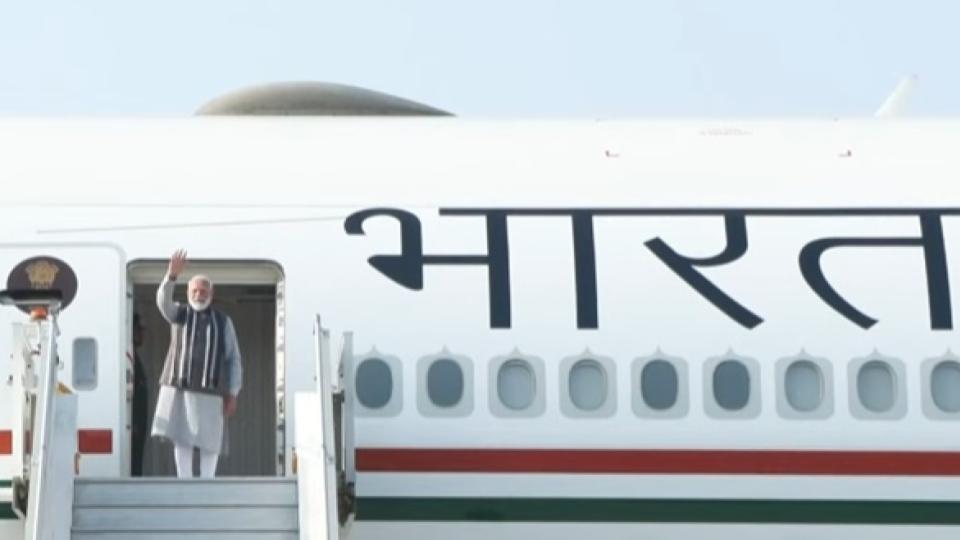
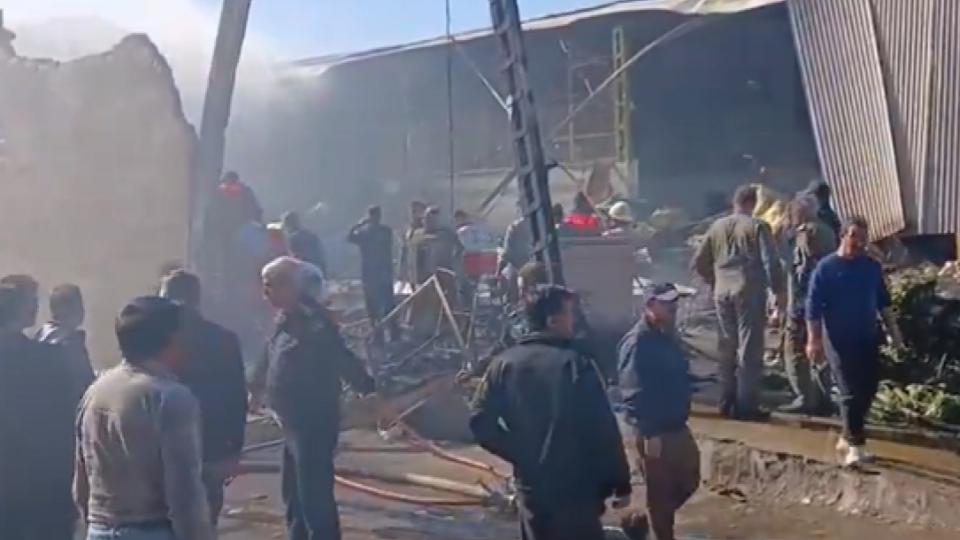
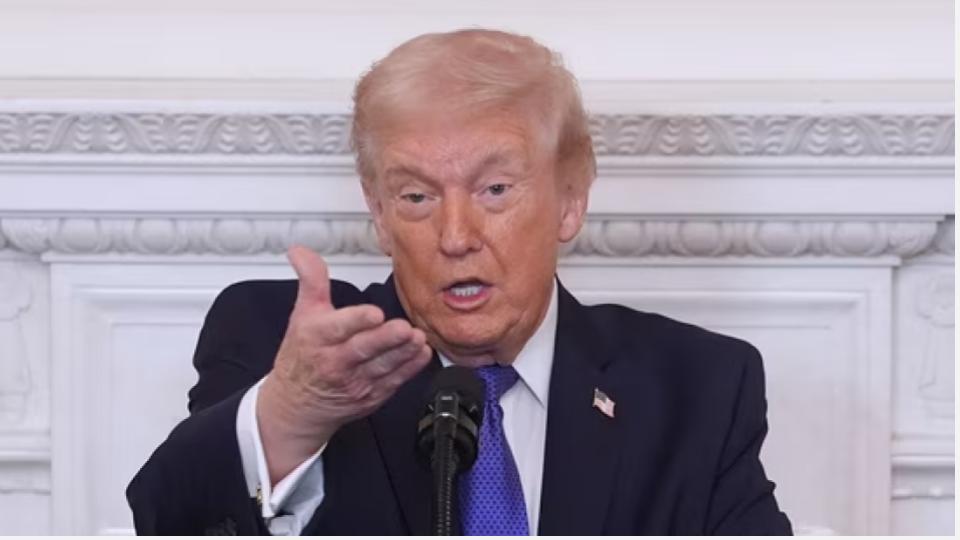
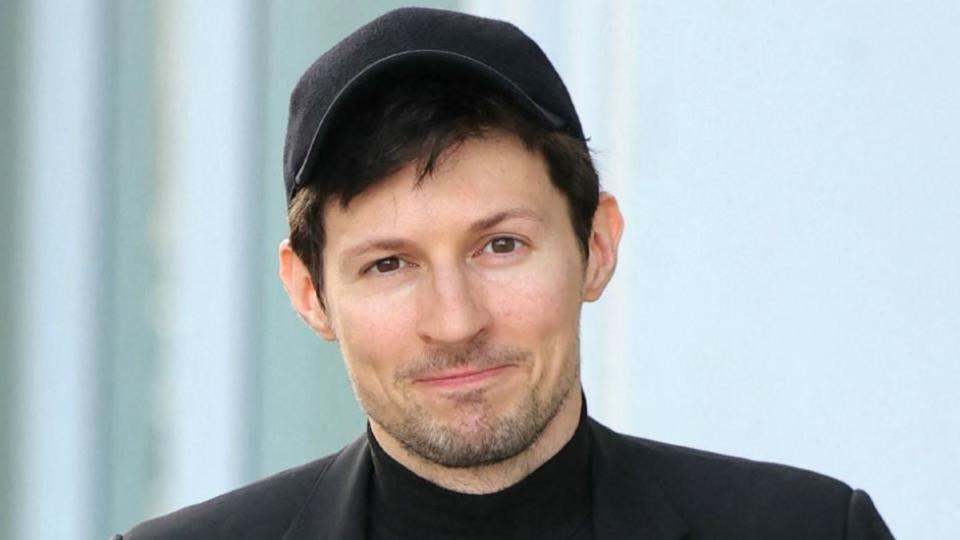
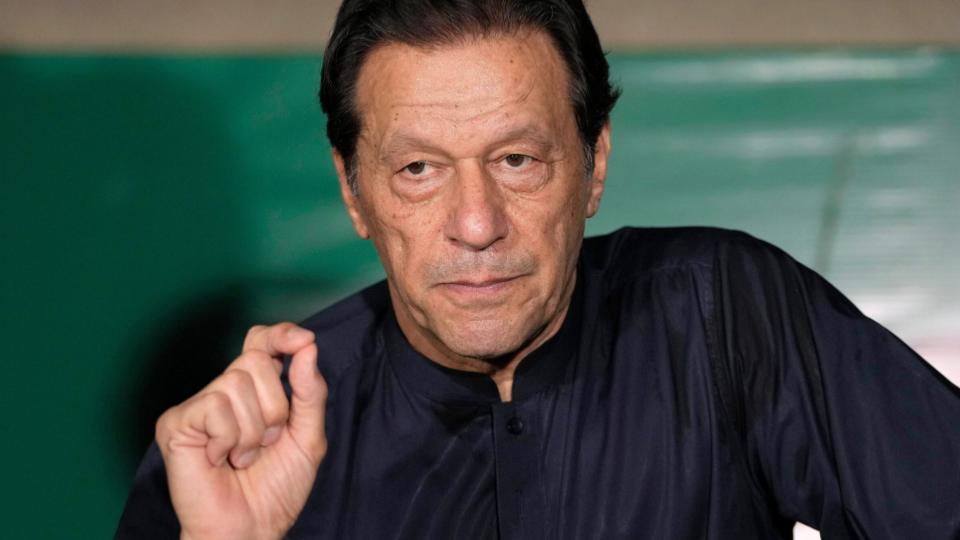

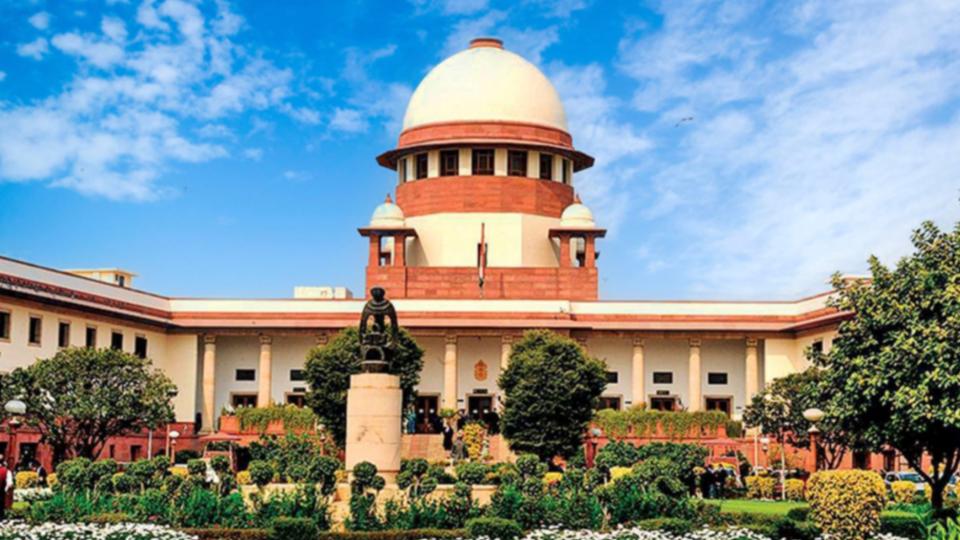
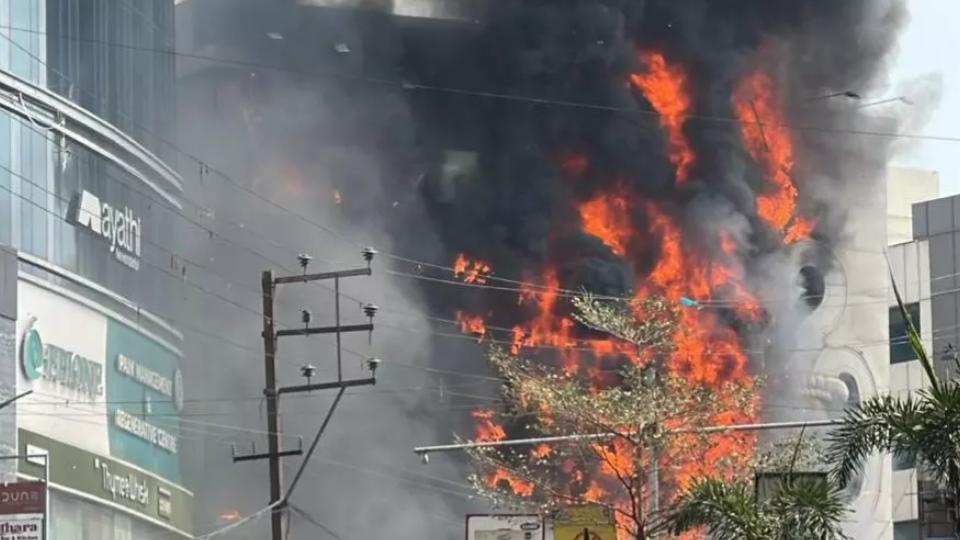
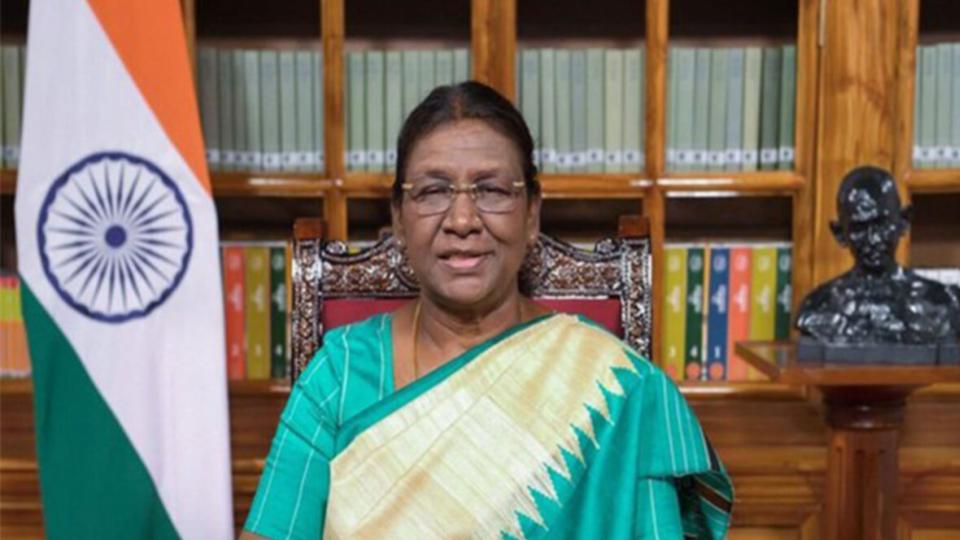









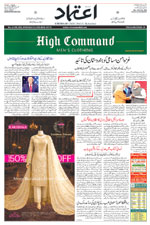










.jpg)
.jpg)
.jpg)


